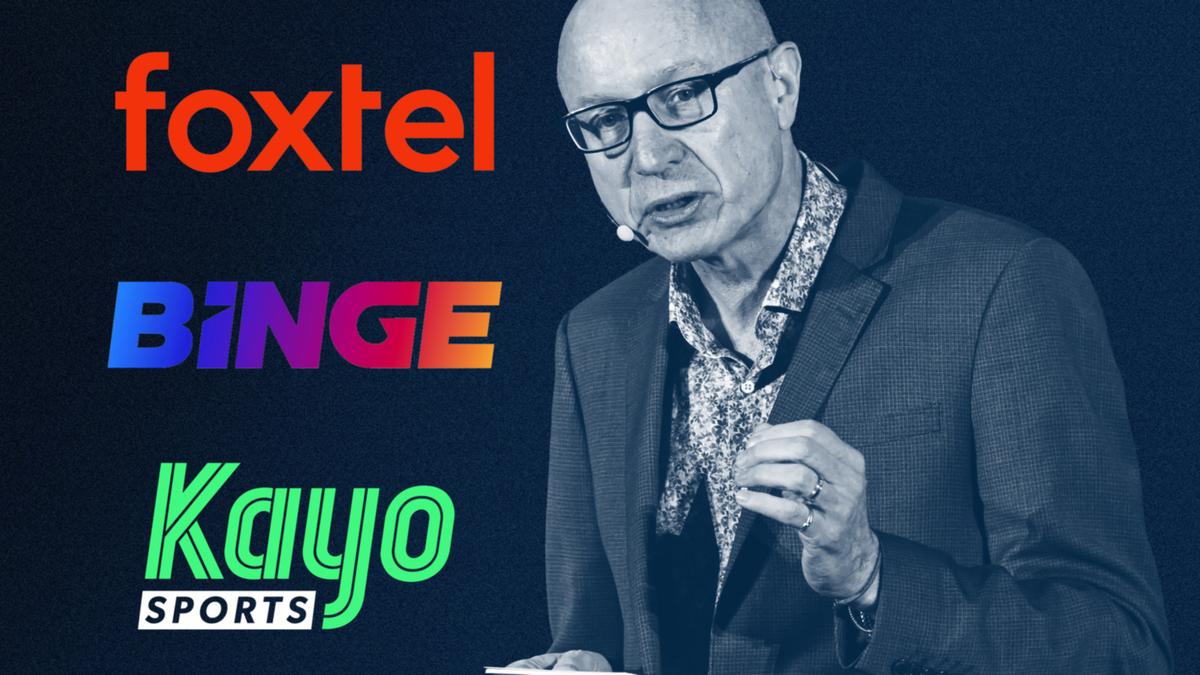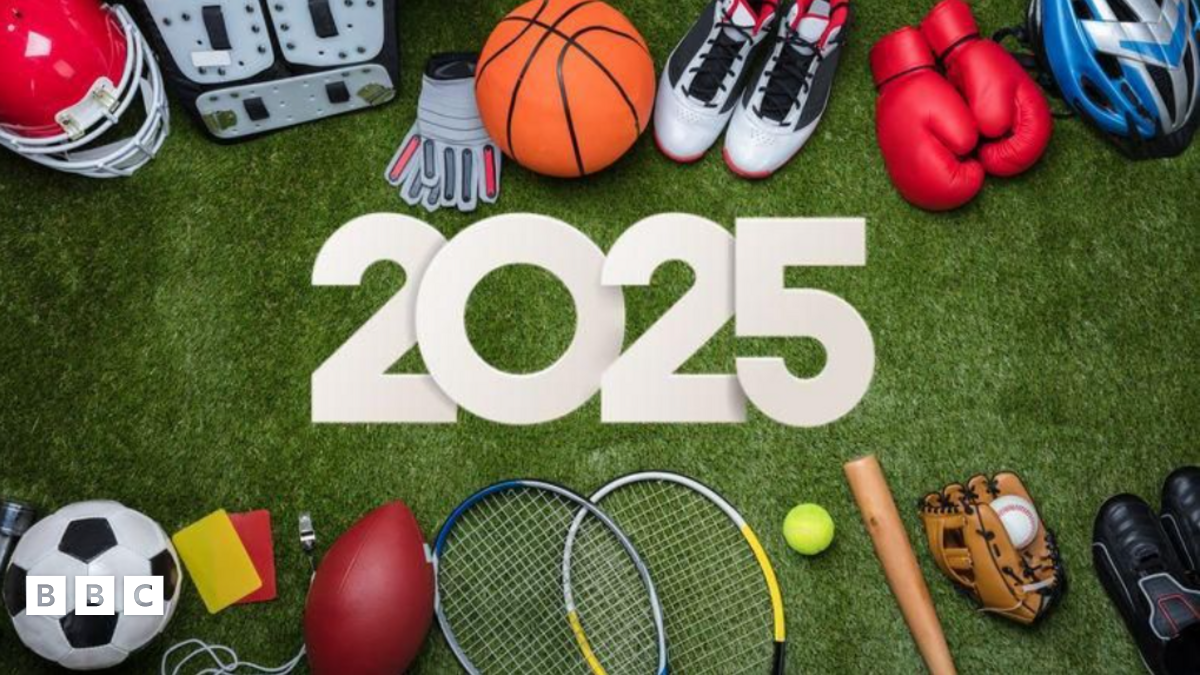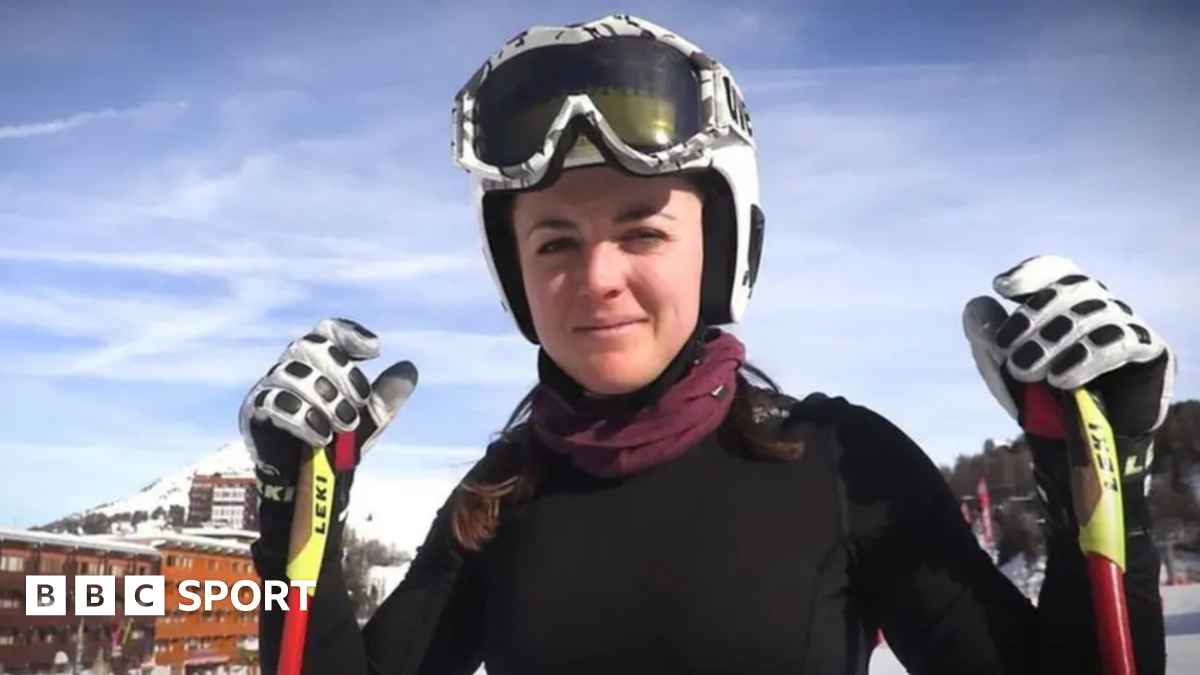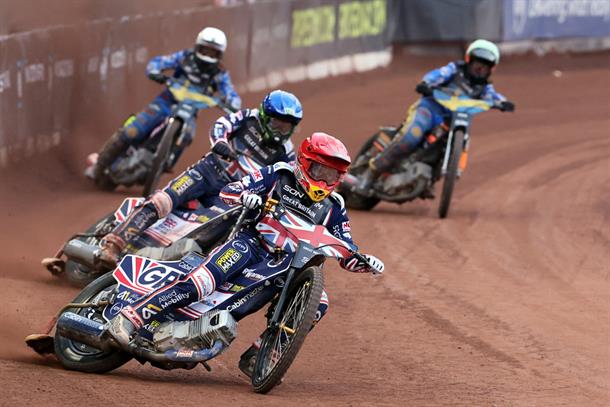Paris 2024 Olympics: Dan Bigham’s journey from Denmark engineer to Team GB track cyclist

- by Admin
- July 20, 2024
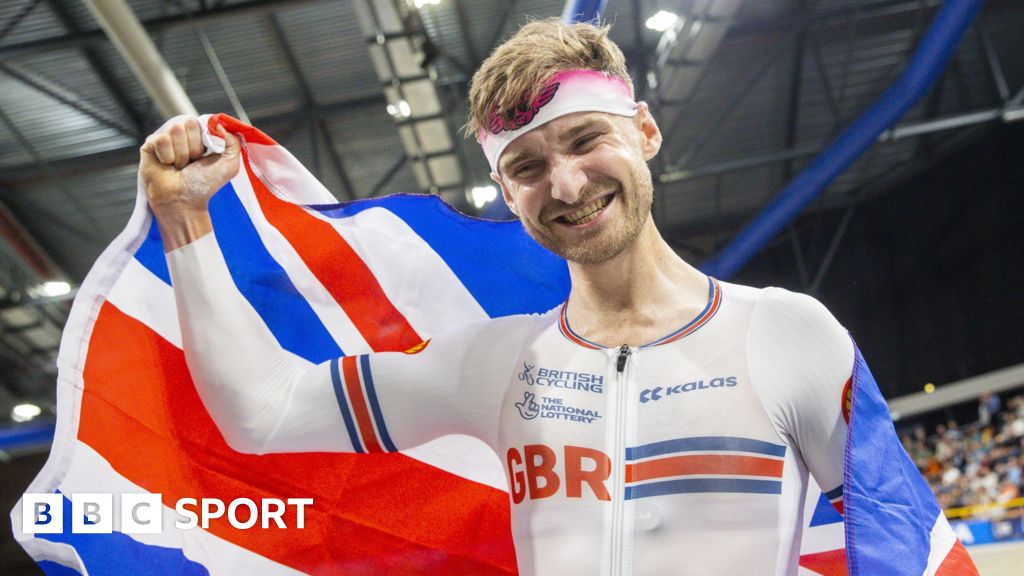
Bigham openly admits that he is an elite cyclist because he is an engineer.
With a Masters degree and a specialism in aerodynamics, his career started with the Mercedes Formula 1 team. He now balances his on-track commitments with his engineering role at road cycling team Ineos Grenadiers.
He started cycling simply as a quicker means of getting to university than the bus, later joining and racing with cycling and triathlon clubs. But it was during his time at Mercedes that he was encouraged to apply his engineering to two wheels.
“Without engineering, I don’t think I’d be in the sport, at least not to this level,” Bigham said. “There has to be something in the sport that really gets you up and that you’re passionate about.
“For me, as nerdy as it is, it is the application of maths, physics, engineering to the sport. And that in itself has meant that I’ve progressed to the level that I’m at.”
But his dual career was not supported by everyone. By 2018, Bigham was on the Great Britain cycling team but found he was the square peg in a round hole. His ideas were rejected, his questioning met with resistance.
“Basically [a coach] said ‘be a rider or an engineer, you can’t do both and be in this system’,” Bigham recalled.
“That was his ideological approach to being an athlete. For me that was not a path I was willing to go down, to give up on something that meant so much to me. So I went on my merry way.”
He was not quite prepared to give up cycling altogether, though, and set up a trade team. Team Huub-Wattbike took the track world by storm, regularly beating nations – including Great Britain – at track World Cups.
But such was their success, in 2019 the UCI – cycling’s world governing body – changed its regulations to only allow nations to compete at World Cups, something which Team Huub-Wattbike said was “brutally destructive” and would “kill off”, external the existence of trade teams.
The Latest News
-
December 23, 2024On board with the pilots doing one of Britain’s toughest jobs
-
December 23, 2024UK economy stagnates as GDP figures revised down
-
December 23, 2024Donald Trump taps ‘Apprentice’ producer as special envoy to UK
-
December 23, 2024UK economy heading for ‘worst of all worlds’, CBI warns after Labour Budget
-
December 23, 2024Daily horoscope: December 23, 2024 astrological predictions for your star sign
